Virtuosity
Virtuosity: performing the common uncommonly well.
I love so many things about that concept, and how it can apply to several areas of life - including (obviously) to fitness. In 2005 Greg Glassman wrote an article for the CrossFit Journal titled "Fundamental, Virtuosity, and Mastery: An Open Letter To CrossFit Trainers" and while it was intended for us coaches/trainers of CrossFit I think it's a great piece to read for anyone who does CrossFit. Here is the article in its entirety:
In gymnastics, completing a routine without error will not get you a perfect score,
the 10.0—only a 9.7. To get the last three tenths of a point, you must
demonstrate “risk, originality, and virtuosity” as well as make no mistakes in
execution of the routine.
Risk is simply executing a movement that is likely to be missed or botched;
originality is a movement or combination of movements unique to the athlete—a
move or sequence not seen before. Understandably, novice gymnasts love to
demonstrate risk and originality, for both are dramatic, fun, and awe inspiring—
especially among the athletes themselves, although audiences are less likely to
be aware when either is demonstrated.
Virtuosity, though, is a different beast altogether. Virtuosity is defined in
gymnastics as “performing the common uncommonly well.” Unlike risk and
originality, virtuosity is elusive, supremely elusive. It is, however, readily
recognized by audience as well as coach and athlete. But more importantly,
more to my point, virtuosity is more than the requirement for that last tenth of a
point; it is always the mark of true mastery (and of genius and beauty).
There is a compelling tendency among novices developing any skill or art,
whether learning to play the violin, write poetry, or compete in gymnastics, to
quickly move past the fundamentals and on to more elaborate, more
sophisticated movements, skills, or techniques. This compulsion is the novice’s
curse—the rush to originality and risk.
The novice’s curse is manifested as excessive adornment, silly creativity, weak
fundamentals and, ultimately, a marked lack of virtuosity and delayed mastery. If
you’ve ever had the opportunity to be taught by the very best in any field you’ve
likely been surprised at how simple, how fundamental, how basic the instruction
was. The novice’s curse afflicts learner and teacher alike. Physical training is no
different.
What will inevitably doom a physical training program and dilute a coach’s
efficacy is a lack of commitment to fundamentals. We see this increasingly in
both programming and supervising execution. Rarely now do we see prescribed
the short, intense couplets or triplets that epitomize CrossFit programming.
Rarely do trainers really nitpick the mechanics of fundamental movements.
I understand how this occurs. It is natural to want to teach people advanced and
fancy movements. The urge to quickly move away from the basics and toward
advanced movements arises out of the natural desire to entertain your client and
impress him with your skills and knowledge. But make no mistake: it is a
sucker’s move. Teaching a snatch where there is not yet an overhead squat,
teaching an overhead squat where there is not yet an air squat, is a colossal
mistake. This rush to advancement increases the chance of injury, delays
advancement and progress, and blunts the client’s rate of return on his efforts. In
short, it retards his fitness.
If you insist on basics, really insist on them, your clients will immediately
recognize that you are a master trainer. They will not be bored; they will be awed.
I promise this. They will quickly come to recognize the potency of fundamentals.
They will also advance in every measurable way past those not blessed to have
a teacher so grounded and committed to basics.
Training will improve, clients will advance faster, and you will appear more
experienced and professional and garner more respect, if you simply recommit to
the basics.
There is plenty of time within an hour session to warm up, practice a basic
movement or skill or pursue a new PR or max lift, discuss and critique the
athletes’ efforts, and then pound out a tight little couplet or triplet utilizing these
skills or just play. Play is important. Tire flipping, basketball, relay races, tag,
Hooverball, and the like are essential to good programming, but they are
seasoning—like salt, pepper, and oregano. They are not main courses.
CrossFit trainers have the tools to be the best trainers on earth. I really believe
that. But good enough never is, and we want that last tenth of a point, the whole
10.0. We want virtuosity!!
-Greg Glassman (The CrossFit Journal, 2005)
WOD for 06-27-17:
AMRAP 18 Minutes:
44 Unbroken Double Unders
33 Calorie Row
22 Chest-to-Bar Pull-ups
11 Deadlifts @ 275/195 lbs
